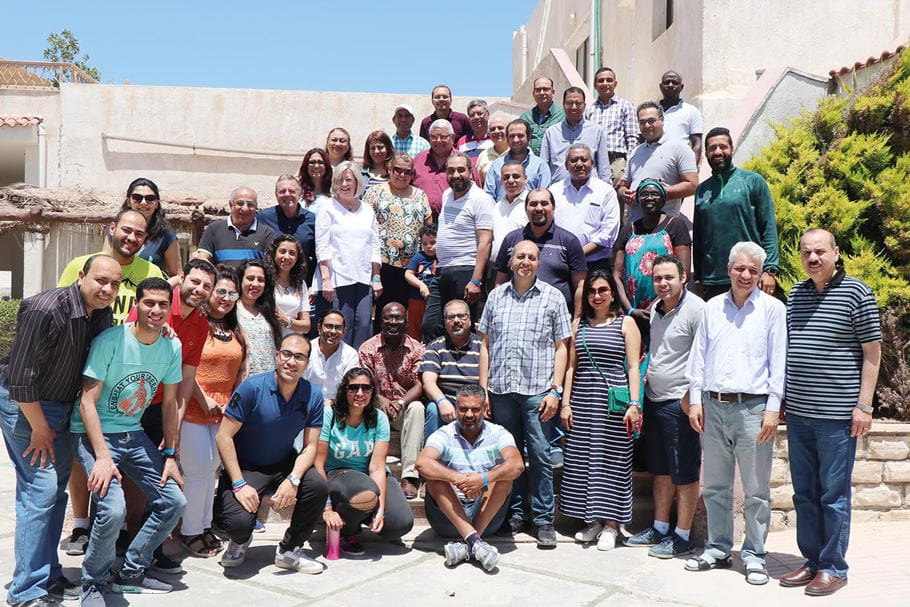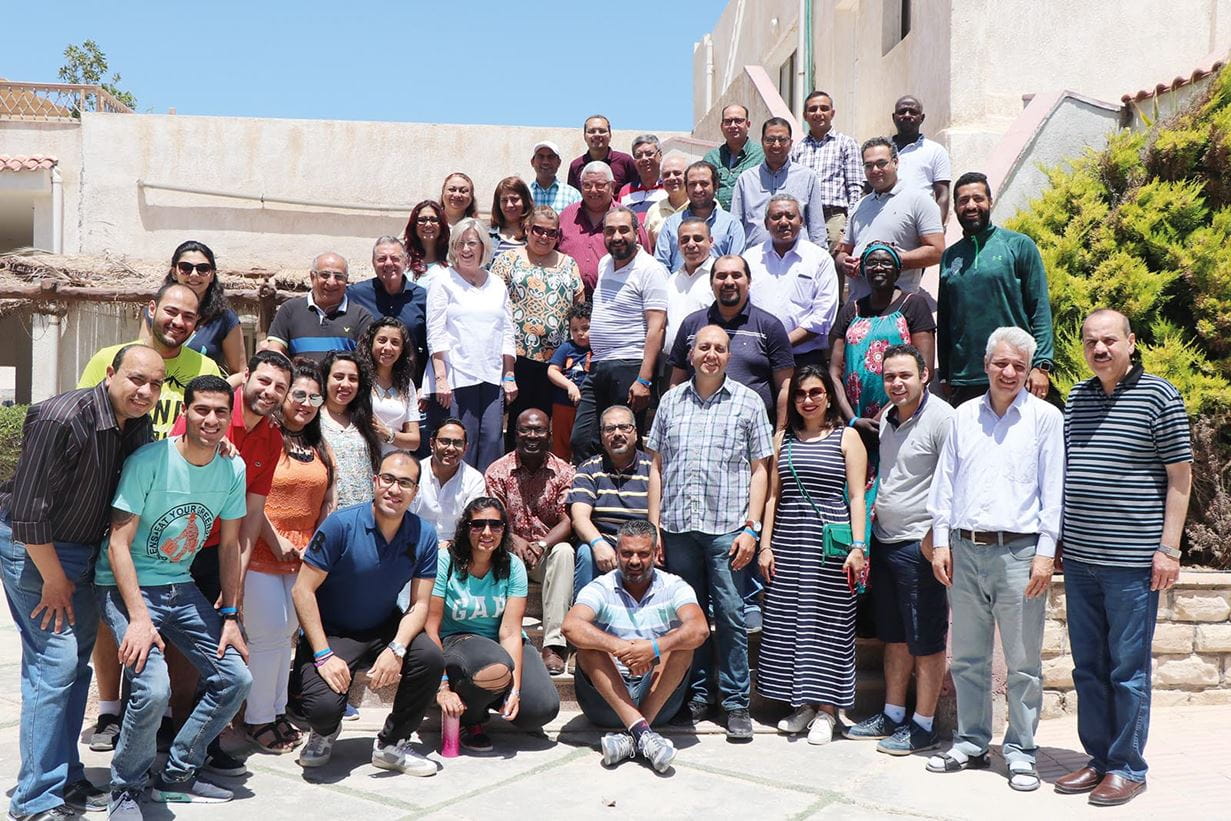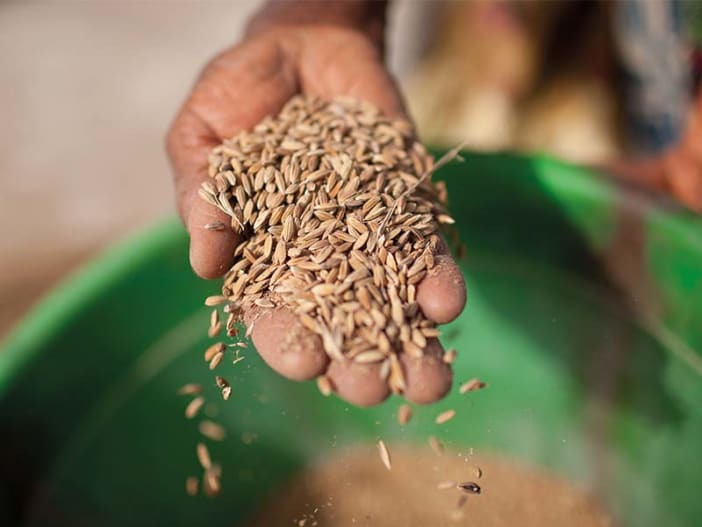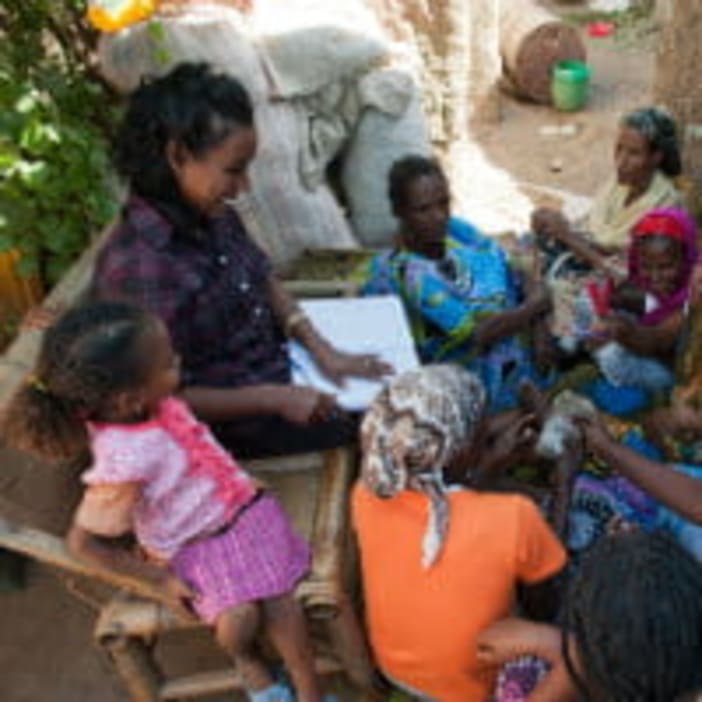In the early days of the Christian church, Paul asked his supporters in the city of Corinth to regularly set aside a small part of their income to help people in Jerusalem affected by famine and poverty. The letters he wrote to the Corinthians have since become the basis of Christian teaching on generosity, fundraising and accountability.
Generosity
Paul did not beg for money. Instead, he taught his supporters how to give generously. He encouraged them to regularly set aside money so they would always have funds available to share.
‘Now about the collection for the Lord’s people: do what I told the Galatian churches to do. On the first day of every week, each one of you should set aside a sum of money in keeping with your income, saving it up, so that when I come no collections will have to be made’ (1 Corinthians 16:1–2).
Fundraising
Paul then instructed the Corinthians to choose trusted people to administer and deliver the gifts. Bad or corrupt management of the funds would have stopped people from participating in the collection.aaaaa
‘Then, when I arrive, I will give letters of introduction to those you approve and send them with your gift to Jerusalem’ (1 Corinthians 16:3)
These letters of introduction provided proof that the people looking after the money could be trusted.
Accountability
In Paul’s second letter to the Corinthians we see the rules followed by those involved in the fundraising campaign. For example, they travelled in groups of two, reducing the temptation or opportunity for theft. This involved extra work, but they took these precautions to make sure they honoured God in all they did.
‘We want to avoid any criticism of the way we administer this liberal gift. For we are taking pains to do what is right, not only in the eyes of the Lord but also in the eyes of man’ (2 Corinthians 8:20–21).
When people fund work, they expect the money to be used wisely. If it is spent well, they will trust the church or organisation with their money again. However, if it is not used wisely, they will not be interested in funding the work in the future and the organisation might get a bad reputation.
Accountability groups
There are different ways to show accountability. These include giving feedback in meetings, producing regular reports and independent evaluations.












